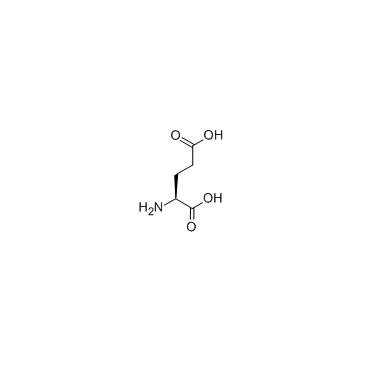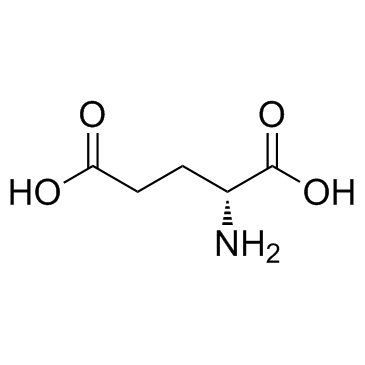| Structure | Name/CAS No. | Articles |
|---|---|---|
 |
Native Aspergillus oryzae β-Galactosidase
CAS:9031-11-2 |
|
 |
L-glutamic acid
CAS:56-86-0 |
|
 |
Glutaminase fromEscherichia coli
CAS:9001-47-2 |
|
 |
D(-)-Glutamic acid
CAS:6893-26-1 |